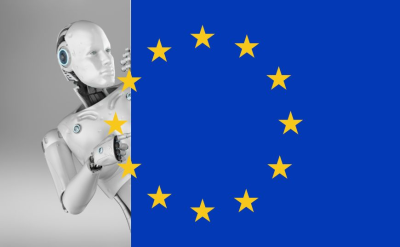News

Burnout: a disease of millenials?
Article written by Fernanda Arreola (ESSCA) and Albin Wagener (INALCO / Université Rennes 2) for The Conversation.
While the issue of burnout has long invaded the media sphere as a result of numerous testimonials, particularly in the wake of questions about well-being and meaning at work, the question is whether it concerns certain demographic cohorts in particular.
According to the Gallup polling organization, seven out of ten millennials- those born between the early 80s and late 90s - are now experiencing a real level of burn-out in the United States, with variations depending on the individual.
Beyond the generational effect, how can we identify burnout, explain such a high incidence - and above all, what can we do to reverse the trend?
What is burnout?
Burn-outs seem to be the result of nervous system overload, a psychopathology identified in the 19th century to describe excessive work-related stress.
This overloading of the nervous system is not the result of a single factor, but the accumulation of numerous elements which, combined together, cause the system to become saturated.
Obviously, stress is one of the factors most associated with burnout, but it cannot be considered the sole cause.
In fact, an appropriate amount of stress in the work environment can be helpful in triggering our motivation, pushing us to take on new challenges and improving our performance.
In fact, the particularity of burnout lies in its chronic, subjective nature. A burnout is triggered when a person feels a considerable gap between the effort invested and the rewards obtained, giving rise to a feeling of exhaustion.
What's more, not all generations are on an equal footing when it comes to this phenomenon; the case of millennials is indeed singular, especially when compared with that of baby boomers, for example - the latter being less prone to burn-out and experiencing it in a different way.
Why do millennials seem more sensitive to burnout?
Millennials are a group characterized by the fact that they were the first to grow up with the advent of the Internet and computers, as well as personal telephones and then smartphones.
This is also a generation that has experienced the effects of the 2008 recession when starting their careers - a recession that has had an impact on their purchasing power as well as their debt capacity...









No comment
Log in to post comment. Log in.